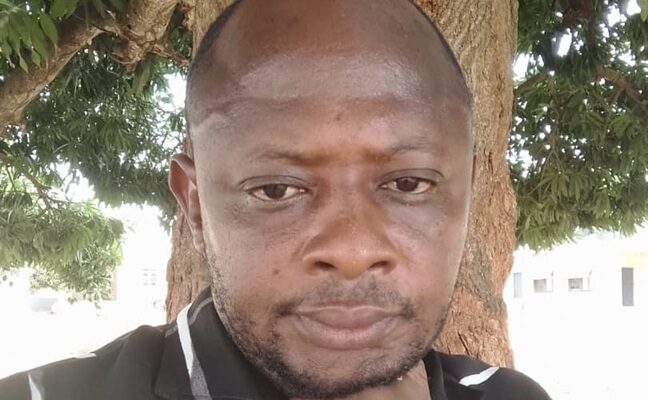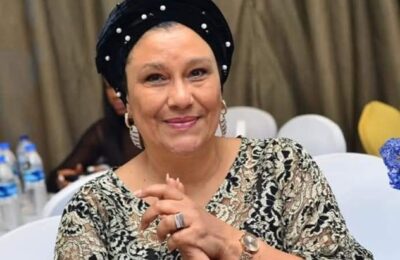Nigeria’s greatest crisis lies not in scarcity or insecurity, but in the moral bankruptcy of its leadership. The throne is filled, yet the people remain hollow, governed by those who trade integrity for power. The nation suffers not from a lack of resources but from the insidious greed that poisons the very essence of governance. Until leadership is recognised as a sacred duty, rather than a personal acquisition, the cycle of betrayal will persist.
Governance has devolved into a hollow spectacle, with leaders feasting on the nation’s wounds while the masses languish in silence. Democracy, once the hope of liberation, has been reduced to an auction, where power is bought and sold like a commodity. The people’s voices, once thunderous, are now muted, drowned by the weight of broken promises. True leadership, founded on service and sacrifice, has become a rare commodity, displaced by opportunism and apathy.
The heart of the nation weeps in unison—East, West, North, and South. But while Nigeria’s regions cry out in different tongues, their pain shares a singular origin: neglect. From the carnage in the North to the economic ruins in the South, the failure of leadership is glaring. A nation cannot thrive under rulers who are blind to the suffering of their people. Governance must become an act of listening, not a mandate for self-aggrandisement.
Leadership in Nigeria has strayed far from its noble purpose. As Bishop David Oyedepo aptly notes, “Until leadership becomes service, there is no future for the led.” Today’s leaders are more concerned with image than integrity, more interested in power than progress. True leadership is not a parade of titles; it is a solemn responsibility, weighed with the needs of the people and the preservation of the common good.
In moments of solitude, when the cheers fade and the glory wanes, the weight of power reveals its true cost. Nigeria’s leaders must be willing to forgo personal gain for national advancement. True sacrifice is measured not in political victories but in the tangible transformation of society. Power is not a commodity to be hoarded, but a stewardship to be honoured. A leader’s true worth is reflected in the lives he touches, not the throne he occupies.
The tragic irony is that Nigeria’s leaders do not lack wisdom—they lack the courage to implement it. We are not short of capable minds, but of those willing to put the people’s welfare above personal ambition. Until integrity becomes the benchmark for leadership, Nigeria will continue to recycle its ruinous political elite, incapable of real change. For leadership without empathy is tyranny in disguise, and a nation governed by such will inevitably suffer the consequences.
Yet, there is hope. The youth of Nigeria, resilient and awakened, are no longer content to accept crumbs from the table of the powerful. They are demanding a seat at the table. The future of Nigeria lies not in the hands of the old guard, but in the rising tide of a generation unafraid to challenge the status quo. The next phase of Nigeria’s journey will either be led by these youth or will be defined by continued disillusionment.
Nigeria’s salvation lies in the restoration of leadership as service, not spectacle. The time has come for Nigeria’s leaders to emerge not from political machinations, but from the furnace of integrity and sacrifice. They must be men and women who lead with a broken heart, who speak truth even when it offends, and who govern not for their own glory, but for the collective good of the nation. Until this happens, the country will remain trapped in a cycle of recycled ruin, its potential forever stifled by the selfishness of its rulers.
– Inah Boniface Ocholi writes from Ayah – Igalamela/Odolu LGA, Kogi state.
+2348152094428 (SMS Only)



